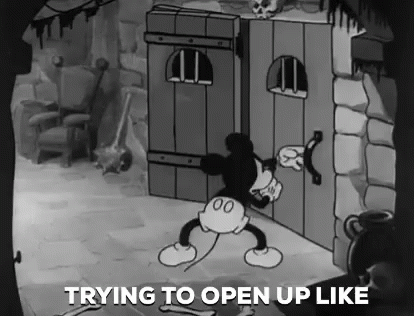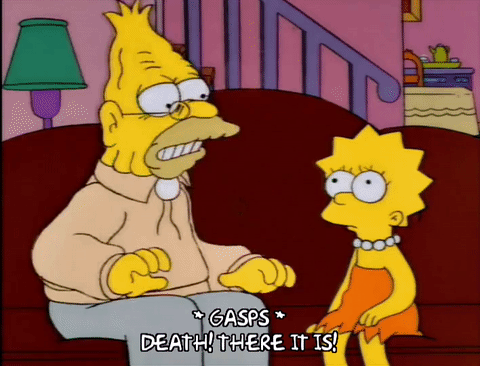I wouldn’t agree with your 20% figure as a blanket rule—but I don’t think you meant it to be. It’s going to vary wildly from institution to institution. And within an institution, still vary from college to college. Tenured law and business and engineering and science professors are incredibly disconnected from reality. But once you get into the liberal arts, comms, education, etc., that got hammered with huge program cuts etc. during the last recession, I’ve seen a lot more awareness of the intensity and threat of the current situation.
With all that said, I think this conversation about faculty fools is almost entirely about tenured faculty. And I suspect most outside higher ed don’t realize what an increasingly shrinking percentage of instruction—especially at the undergrad level—is delivered by tenured faculty vs. tenure track but not tenured and contingent faculty. I’d guess 90% of that group of non-tenured profs absolutely understand what’s going on and are quite concerned. Of course that’s because they know they’re least insulated.
I won’t dare a guess about percentage because it’s going to be a different situation at a Harvard than at a TCU than at OU than at a regional university like a Tarleton. There’s definitely some ivory tower fools out there—no doubt. But IMO there are fewer and fewer.



